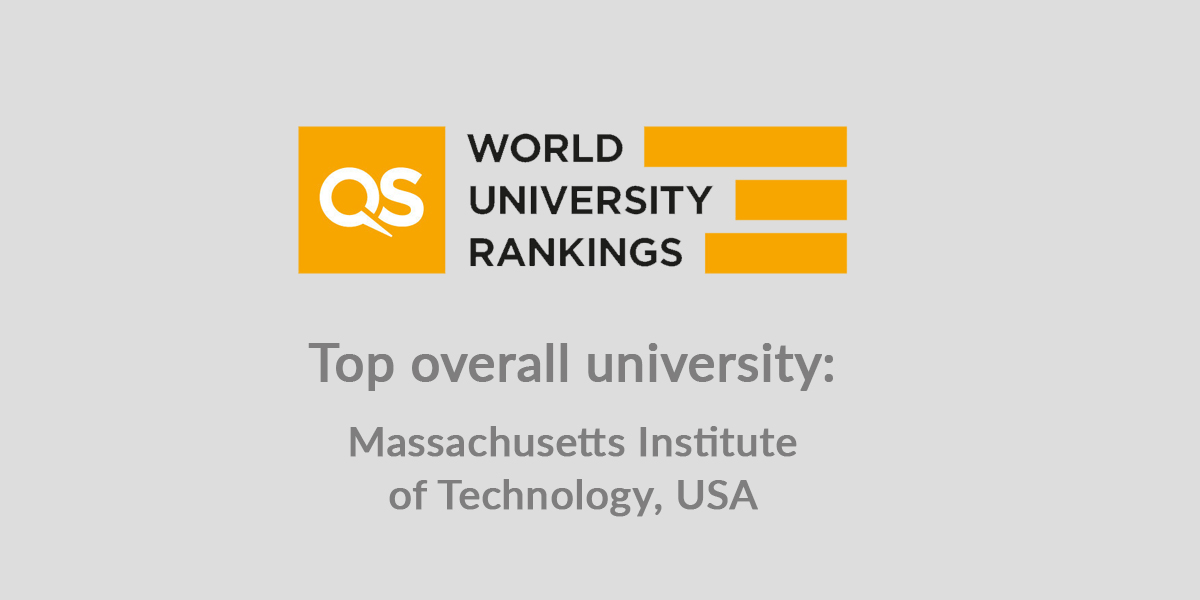UK, Japan, and Australia down, US, China, and Arab Region up. The latest QS World University Rankings have been announced. There is little change at the top where Massachusetts Institute of Technology continues to hold on to first place.
Further down the table there is quite a lot of churning with universities in the UK, Japan and Australia tending to fall, and those from the USA, China, Saudi Arabia, Qatar, and UAE tending to rise.
The methodology of the rankings has been revised in recent years. The current indicators are now: Academic Reputation (30% weighting), Citations per Faculty (20%), Employer Reputation (15%), Faculty Student Ratio (10%), International Faculty Ratio (5%), International Student Ratio(5%), International Research Network (5%), Employment Outcomes (5%), Sustainability (5%). Scores are presented for International Student Diversity but so far it is not counted for the overall ranking.
The most striking thing about these rankings is the remarkably low scores attained by Indian and Chinese universities for International Student Diversity and Sustainability. In contrast, leading British and American institutions usually score in the 90s for these indicators.
The top universities overall and in the regions are:
- Overall; Massachusetts Institute of Technology, USA
- Asia; National University of Singapore
- Europe; Imperial College London, UK
- Latin America; Universidad de Buenos Aires, Argentina
- Middle East and North Africa; King Fahd University of Petroleum and Minerals, Saudi Arabia
- Sub-Saharan Africa; University of Cape Town, South Africa
Source: TOPUNIVERSITIES

